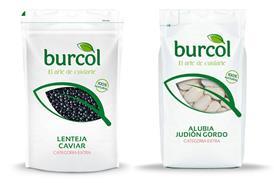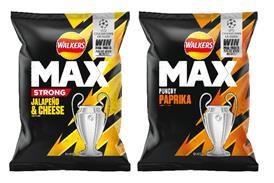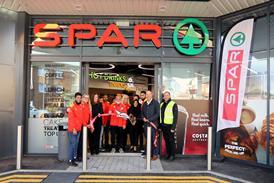Independent local retailers are among the most trusted organisations, only beaten by the National Health Service (NHS), the police and schools, a report from research agency Shoppercentric has revealed.
The NHS, the most trusted organisation, came top with a mean score of 7.6 out of 10 where the higher the score indicates an organisation that puts consumer interests first and a lower score indicates those that are “all about their own interests”.
Independents achieved a score of 6.5, putting them marginally behind schools on 6.8 and ahead of eight other sectors, including supermarket retailers and grocery brand manufacturers. The government and banks were the least trusted organisations.
Shoppers rated corporate retailers and brands poorly in terms of putting consumer interest first compared with other institutions and businesses.
Some 74% agreed they wanted to feel good about the retailers they used and 73% wanted the money they spent to go to companies they trusted.
Women were generally more positive towards all institutions measured but even more likely to feel independents and local retailers put consumer interests first.
The survey, based on a national representative sample of 1,048 online interviews, found the biggest irritants were promotions that were not as good as they sounded, followed by brands that reduced their size or quality but kept the same price or made changes that negatively impacted the shopper but let the company profit.
Other big irritants are products that are smaller in reality than a pack suggests, a lack of honesty during bad publicity, short sell-by/best-buy dates, unclear or misleading contents labels and retailers that promise good service but do not have the staff when shoppers need them.
Shoppercentric discovered that 55% of shoppers always, or frequently, looked for products that were transparent about their contents and 32% always, or frequently, looked for products that demonstrated their ethical policies.
Danielle Pinnington, Shoppercentric’s managing director, said it had become clear over the past few years with the rise of social media and 24/7 news that consumers were increasingly aware of shortfalls in the behaviour of the companies they bought from.
“These days if shoppers don’t like what a retailer or brand says or does, they can vote with their wallets because they have so many choices available to them,” she added.
“The individual irritations may seem relatively harmless in isolation, but these can create real frustration and annoyance among shoppers.”
















No comments yet